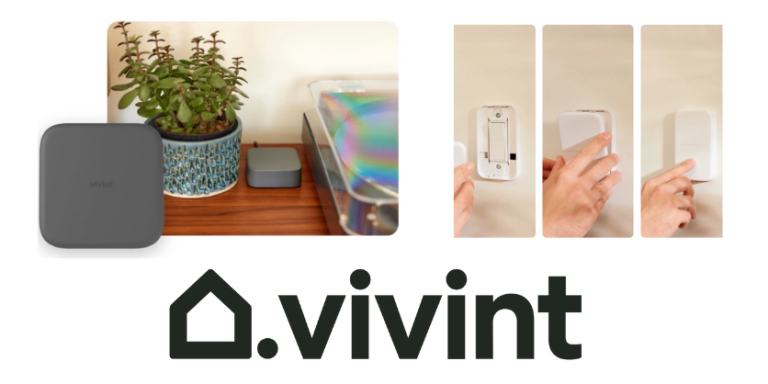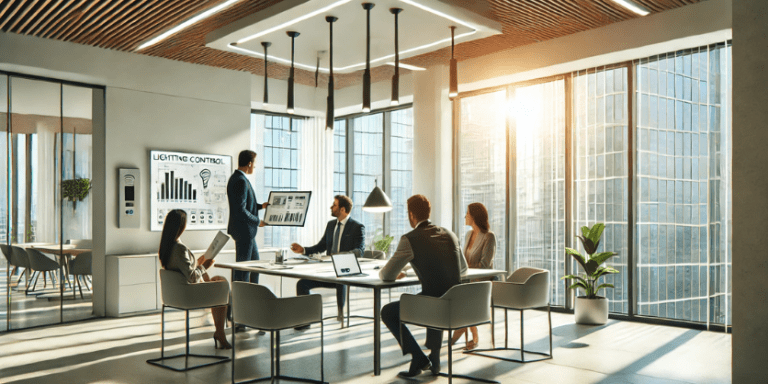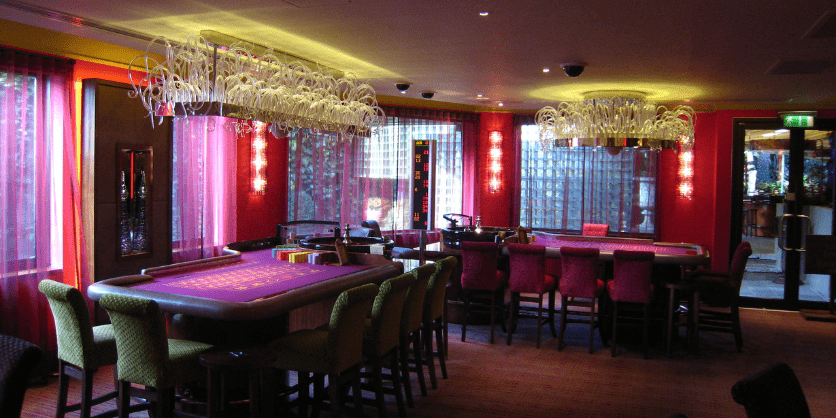Brightening Up Your Home: The Magic of Different Layers of Lights
By Robert Lanteigne
Hello there! Let’s talk about something that can make your home feel extra cozy and special – lights! Just like how you layer clothes to stay warm, you can layer different kinds of lights to make your rooms look and feel wonderful. There are five main ways to use lights in your home, and I’m going to tell you all about them in a way that’s easy to understand.
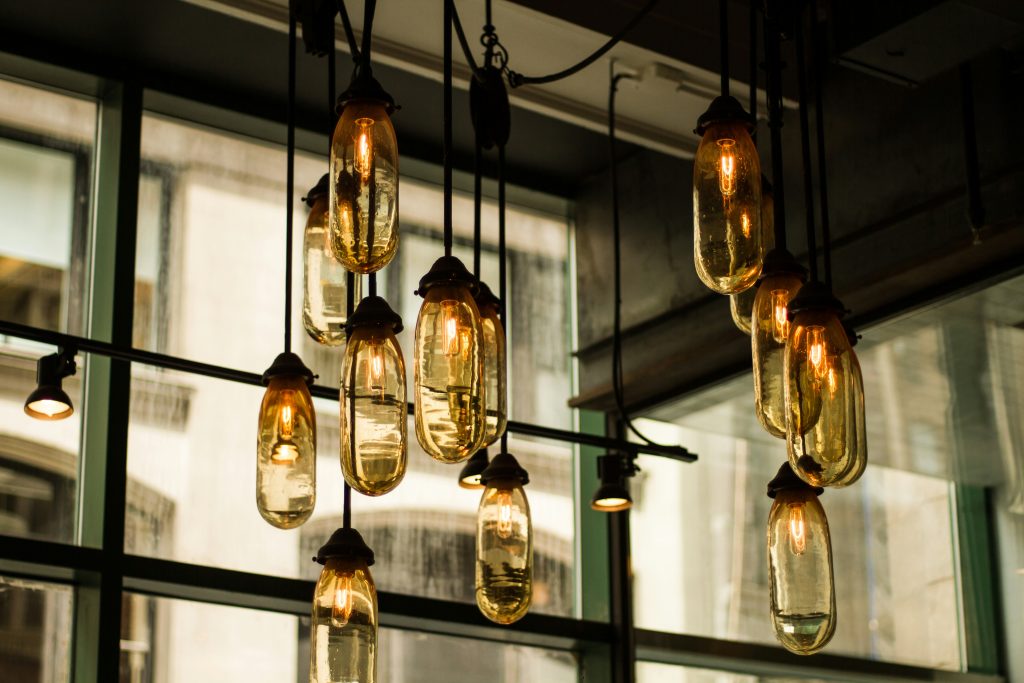
1. The Everyday Lights: Making Your Whole Room Glow
Think about when you walk into a room and flip the switch. That light that comes on and lights up the whole room? That’s what we call everyday lighting. It’s like a big, gentle hug of light that fills up all the corners.
These lights are usually on the ceiling or high up on the walls. They make it easy to see everything in the room without hurting your eyes. It’s the kind of light that lets you move around safely, see people’s faces clearly, and do your normal daily things.
When you’re setting up lights in a room, start with these everyday lights. They’re like the main course of your lighting meal – the most important part that everything else goes with. You want them to be bright enough to see well, but not so bright that they feel harsh.
In living rooms and bedrooms, you might want lights that give off a warm, yellowish glow. It makes the room feel cozy, like sitting by a fireplace. In kitchens or places where you do lots of reading or crafts, you might want lights that are a bit brighter and more white, like daylight. This helps you see things more clearly.
Remember, these everyday lights are there to make your whole room feel good. They shouldn’t be too flashy or attention-grabbing. They’re just there to help you see and feel comfortable.

2. Edge Lights: Making Your Room Look Bigger
Now, let’s talk about a fun way to light up your room – edge lights! These are lights that go around the edges of your room, either up high near the ceiling or down low near the floor. They’re like a pretty frame of light around your room.
There are two main ways to do edge lighting:
- Lights that shine down from the top edges of your room
- Lights that shine up from the bottom edges of your room
When you put lights along the top edges of your room and have them shine down, it’s like having a gentle waterfall of light flowing down your walls. This can make your room feel taller and more open.
If you put lights along the bottom of your walls and have them shine up, it creates a soft glow that makes your walls look like they’re floating. This can make your room feel lighter and more spacious.
Some people like to use both top and bottom edge lights. When you do this, it’s like your whole room is outlined in a beautiful glow. It can make your room feel bigger and more airy.
Edge lights aren’t just for looking pretty – they can be really useful too. In a TV room, for example, they can give you enough light to move around without making the screen hard to see.
You can have fun with edge lights. Some come in different colors that you can change with a remote control. Imagine being able to change the color of your room’s glow whenever you want!

3. Directional Lights: Showing Off Your Special Things
You know how in a museum, they have special lights that shine on the paintings to make them stand out? Well, you can do the same thing in your home! These are called directional lights, and they’re used to draw attention to special things in your room.
directional lights are bright lights that focus on one particular spot. They’re usually about three times brighter than your everyday lights. You can use them to light up:
- A pretty painting on your wall
- A special plant or flower arrangement
- A beautiful piece of furniture
- A collection of photos or keepsakes
These lights are like saying, “Hey, look at this!” They guide people’s eyes to the things you want them to notice in your room.
There are different ways to create these directional effects:
- Little lights on a track on the ceiling that you can point in different directions
- Small lights built into the ceiling that can be tilted
- Special lights made just for lighting up pictures
- Pretty wall lights that shine up or down
When you’re using directional lights, remember that less is often more. You don’t want to directional everything – just pick a few special things. This way, those things will really stand out and look extra special.
directional lights aren’t just for inside your house. You can use them outside too! You could light up a pretty tree in your garden or shine a light on the front of your house to make it look extra welcoming at night.
4. Work Lights: Helping You See What You’re Doing
Now, let’s talk about lights that help you do things – work lights! These are bright lights that shine right where you need to see clearly. They’re super helpful when you’re doing something that needs good light, like reading, cooking, or doing a hobby.
Work lights are all about making things easier to see. They should be bright and you should be able to move them around to get the light just where you need it.
Here are some examples of work lights:
- A lamp on your desk for reading or writing
- Lights under your kitchen cabinets to help you see when you’re cooking
- Bright lights around your bathroom mirror for putting on makeup or shaving
- A lamp by your bed for reading at night without bothering someone sleeping next to you
- Bright, movable lights in a craft room for sewing or painting
When you’re picking out work lights, think about what you’ll be using them for. If you’re using a computer, you’ll want the light to shine in a way that doesn’t make glare on your screen. If you’re reading in bed, you might want a light that’s bright enough to see the words clearly but not so bright that it keeps you awake.
The color of the light can be important too. For most work lights, you want a bright, clear light that’s close to daylight. This helps you see colors correctly and keeps you feeling alert. But for reading at night, a softer, warmer light might be better so it doesn’t mess up your sleep.
Remember, work lights are there to help you, not to light up the whole room. They should work together with your everyday lights to make your room both pretty and useful.
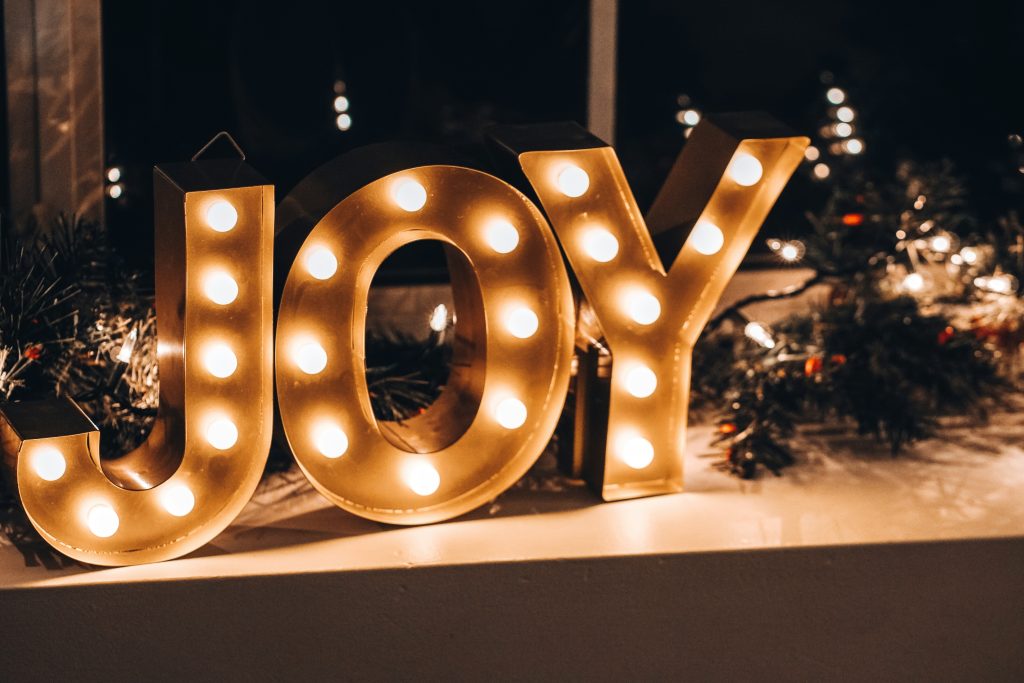
5. Party Lights: Making Your Home Extra Special for Celebrations
Last but not least, let’s talk about party lights! These are the fun lights you use to make your home look extra special for holidays, birthdays, or any time you want to celebrate.
Party lights are all about creating a mood and making things feel festive. They can be colorful, sparkly, or just different from your usual lights. The great thing about party lights is that you can change them whenever you want, depending on what you’re celebrating.
Here are some fun ideas for party lights:
- Twinkling string lights for Christmas or a dinner party
- Colorful, moving lights for a dance party
- Spooky lights for Halloween
- Romantic, soft lights for an anniversary dinner
- Bright, cheerful lights for a birthday party
These days, there are lots of fun ways to create party lighting. You can get light bulbs that change colors with a remote control. Or you can get strings of lights that you can program to blink or change colors in patterns.
When you’re setting up party lights, think about what kind of mood you want to create. Do you want it to feel cozy and romantic? Bright and cheerful? Mysterious and exciting? The lights you choose can help set the mood.
Remember, though, that even with party lights, you still need to make sure people can see well enough to move around safely. You might want to keep some of your normal lights on too, just turned down low.
The best thing about party lights is that they’re temporary – you can have fun with them and then go back to your normal lights when the party’s over. They’re a great way to make your home feel extra special for a little while.
Wrapping It All Up
So there you have it – five wonderful layers to light up your home! You’ve got your everyday lights to make the whole room glow, edge lights to make your room look bigger, directional lights to show off your special things, work lights to help you see what you’re doing, and party lights for celebrations.
By using these different kinds of lights, you can make your home both beautiful and useful. You can change the way your rooms look and feel just by changing the lights. It’s like having a magic wand that can transform your home!
Remember, the best lighting is the kind that makes you feel happy and comfortable in your home. So have fun playing with different lights and see what works best for you. Your home should light up your life in more ways than one!
About the Author

Robert Lanteigne AKA Lightbob is a successful entrepreneur, born in Canada, established in the United States, business consultant, coach, chef, electrician and mentor with decades of experience in lighting design and creative coaching. He is the founder and CEO of Lightbob.com, a premier lighting design company that provides services worldwide, and RobertLanteigneCoach.com is a high-level coaching service that offers creative solutions to specialized consultants looking to expand their practice.
Through his coaching services, Bob provides expert guidance and support to consultants who want to take their practice to the next level.
Whether they are looking to increase their revenue, expand their client base, or develop new skills, and offer personalized coaching programs that are tailored to the unique needs and goals of each client. Bob’s expertise in lighting design and creative coaching has earned him a reputation as a leading expert in both fields. His work has been featured in numerous publications, including Architectural Digest, Interior Design, and Trade Magazines, and has been a guest speaker at industry events around the world. Bob is also a past member of several professional organizations, including the International Association of Lighting Designers. More information about Lightbob
Other Articles from Robert Lanteigne
Simplifying Lighting Controls for Everyday Use – US Lighting Trends
Introduction to Lighting Colors and Their Impact – US Lighting Trends
Illuminating Spaces: Understanding the 3 Sub-Effects of Directional Lighting – US Lighting Trends


